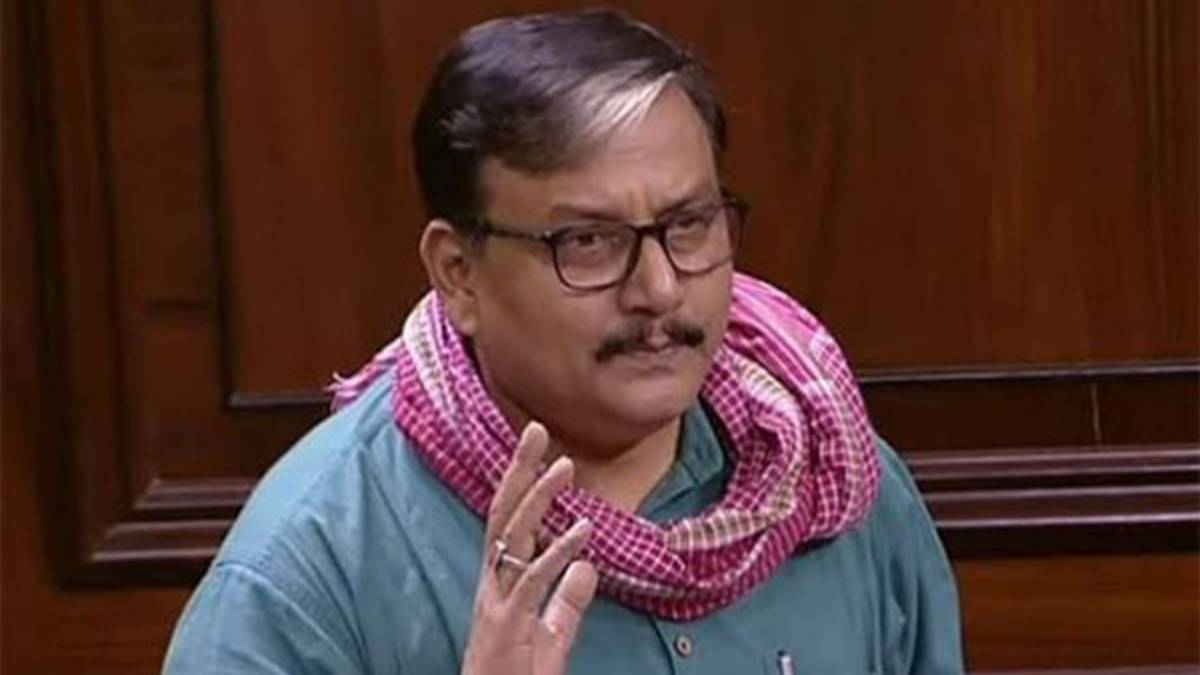The Rashtriya Janata Dal (RJD) is set to challenge the Waqf (Amendment) Bill, 2025 in the Supreme Court, joining a growing list of opposition voices raising legal objections. Rajya Sabha MP Manoj Jha and party leader Fayaz Ahmed will file a petition on behalf of the party on Monday, citing concerns over the bill’s impact on the management and autonomy of Waqf properties.
The controversial bill, which recently cleared both houses of Parliament, has triggered widespread political and legal backlash. The Congress Party has already approached the Supreme Court, with MP Mohammad Jawed arguing that the bill discriminates against the Muslim community and infringes on several constitutional rights, including the right to equality, religious freedom, and the right to property.
Jawed, a former member of the Joint Parliamentary Committee on the bill, contends that the legislation imposes unfair restrictions on Muslim religious endowments that are not applied to other communities. The petition, filed through advocate Anas Tanwir, claims violations of Articles 14, 25, 26, 29, and 300A of the Constitution.
Joining the resistance, Aam Aadmi Party (AAP) MLA Amanatullah Khan and AIMIM Chief Asaduddin Owaisi have also filed separate petitions in the apex court, echoing concerns about the bill’s infringement on religious and cultural autonomy. Additionally, the Association for Protection of Civil Rights, a civil rights NGO, has challenged the bill.
Meanwhile, the All India Muslim Personal Law Board (AIMPLB) has announced plans for nationwide protests and legal action. “The government’s stance on the Waqf Amendment Bill 2025 is regrettable,” the AIMPLB stated in a post on X, formerly Twitter.
Despite the widespread opposition, the bill secured parliamentary approval, with 128 votes in favour and 95 against in the Rajya Sabha, and 288 for versus 232 against in the Lok Sabha. President Droupadi Murmu has since given her assent to both the Waqf (Amendment) Bill, 2025, and the Mussalman Wakf (Repeal) Bill, 2025, making them law.
Prime Minister Narendra Modi hailed the passage of the bill as a “watershed moment” in advancing socio-economic justice and transparency. He emphasized that the changes would benefit marginalized communities and modernize the administration of Waqf properties through technology and improved governance.
While the government maintains that the legislation aims to streamline processes such as registration, survey, and dispute resolution, opposition parties argue that it disproportionately targets Muslim institutions and undermines their autonomy.
Shiv Sena (UBT), however, has decided not to pursue legal action. Party MP Sanjay Raut stated the matter is “closed” for them, despite having earlier criticized the bill as prioritizing business interests over genuine community welfare.
Originally introduced in August last year, the Waqf (Amendment) Bill, 2025 modifies the 1995 Waqf Act and repeals the Mussalman Wakf Act of 1923. It seeks to enhance efficiency, accountability, and transparency in the management of Waqf properties across India—but remains at the center of one of the most contentious legal and political battles in recent memory.





